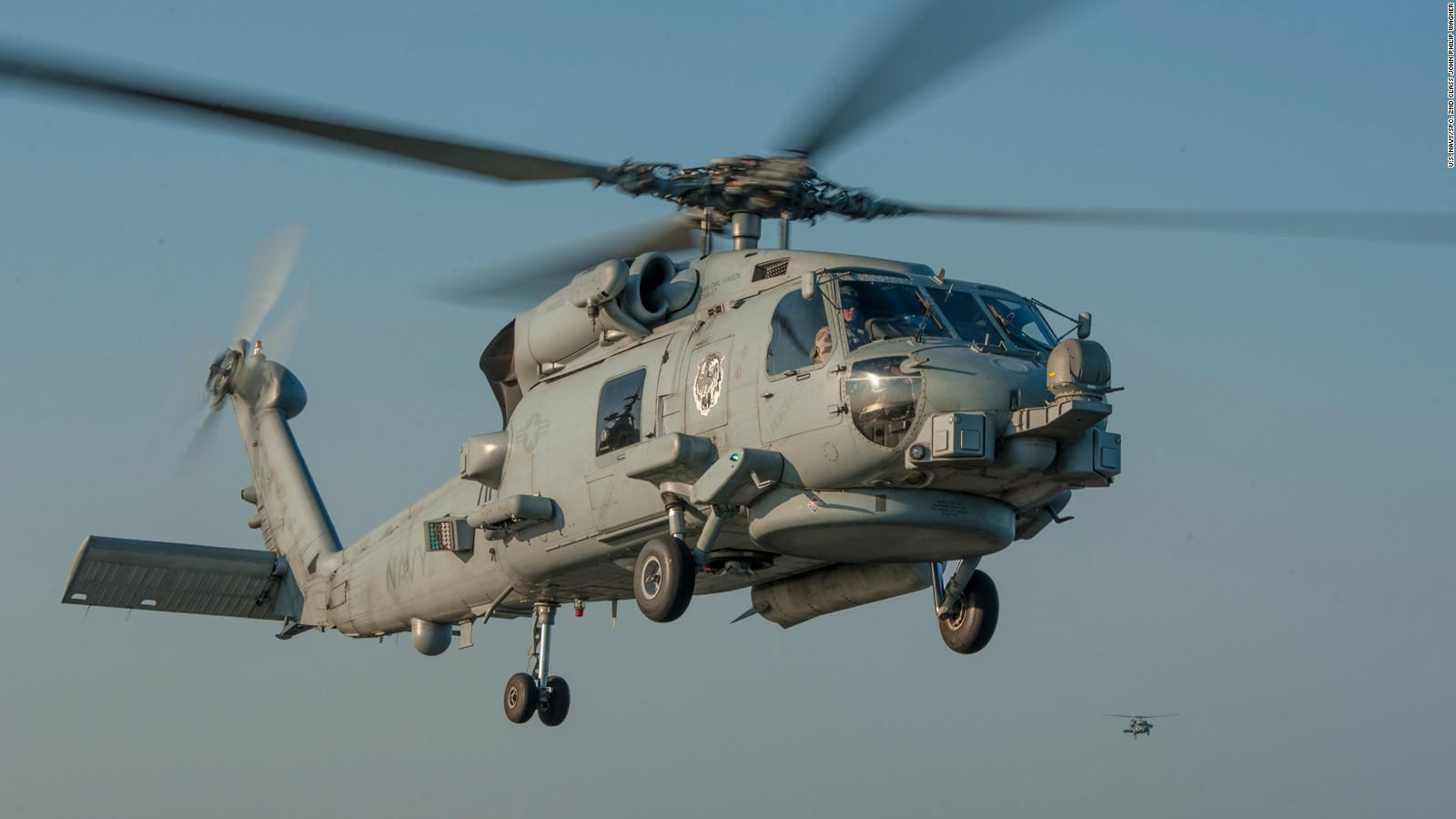Ride-hailing giant Uber planes to launch in-demand electric vertical-takeoffand-landing (e-VTOL) air-taxi service in Dallas and Dubai in 2020, and has selected partners for development of the technology and infrastructure.
Uber has partnered with Aurora Flight Sciences,
Bell Helicopter,
Embraer, Mooney and Slovenia’s Pipistrel Aircraft. The companies are working in concepts and technologies for electric VTOL aircraft, Jeff Holden, Uber’s chief product officer, said.
Aurora has already flown a quarter-scale model of its concept, using elements of the electric propulsion system flown in the subscale demonstrator for DARPA’s XV-24A LightningStrike high-speed VTOL aircraft.
The concept developed for Uber is a two-seat multirotor aircraft weighing around 1,500 lb., CEO John Langford said. The winged vehicle has eight rotors for VTOL, and a pusher propeller for forward flight up to 200 kph (124 mph). The aircraft uses autonomous flight guidance technology from Aurora’s Centaur optionally piloted aircraft, and the perception and collision avoidance system developed under the U.S. Office Of Naval Research’s AACUS program.
Holden said UberAIR operations will begin with piloted aircraft, but move over time to optionally piloted and eventually fully autonomous flights. Uber’s initial goal is for flying in its e-VTOL aircraft to be twice as safe as driving a car, he said.
Bell is designing a hybrid-electric VTOL aircraft initially, and teased a concept with multiple tilting ducted fans April 25 at the Uber Elevate Summit in Dallas. Embraer will bring experience supporting large aircraft fleets, Holden said. The Brazilian manufacturer is interested in designing, operating and maintaining e-VTOL aircraft, and also in air traffic control, said CEO Paulo Cesar de Souza e Silva. The initial project will be conducted by Embraer’s new Business Innovation Center in Melbourne, Florida
Pipistrel, already a leading manufacturer of electric fixed-wing light aircraft, will develop e-VTOL vehicles to be used in a flight demonstration in 2020, said CEO Ivo Biscarol. Mooney has experience with rapid prototyping of composite light aircraft.
Uber has also teamed with the cities of Dallas and Dubai to launch its UberAIR service. In Dallas, the company has partnered with property developer Hillwood, led by Ross Perot Jr., to develop vertiports. An initial four sites have been selected, said Holden, including the new Frisco Station development in north Dallas.
Frisco Station is adjacent to the new Dallas Cowboys team headquarters, and this is expected to provide the initial customer base, Perot said. A 21-mi. UberAIR flight from Dallas/Fort Worth International Airport to Frisco Station will take 6 min. versus 1 hr. 10 min. for the UberX private-car service, at a similar price of about $1.32 per passenger-mile, Holden said.
Perot said vertiports are then planned at the
American Airlines Center arena in Dallas, the existing heliport at the Kay Bailey Hutchison Convention Center in downtown Dallas, and another in downtown Fort Worth. Hillwood also owns Fort Worth Alliance Airport, which Perot said could be a manufacturing and training center to support UberAIR.
Uber has also partnered with Dubai’s Roads and Transport Authority to jointly study pricing models, VTOL routes, network optimization and identify vertiport locations, with the goal of launching demonstration flights in conjunction with the World Expo in 2020. Perot said. Hillwood operates in Dubai and is looking at developing vertiports there.
Another partner announced by Uber is Chargepoint, which operates the largest electric-vehicle charging network. Holden said Chargepoint will develop a special charger that will enable rapid turnaround of the e-VTOL aircraft, and utilization needed to meet the long-term goal of costs per passenger-mile lower that car ownership.







